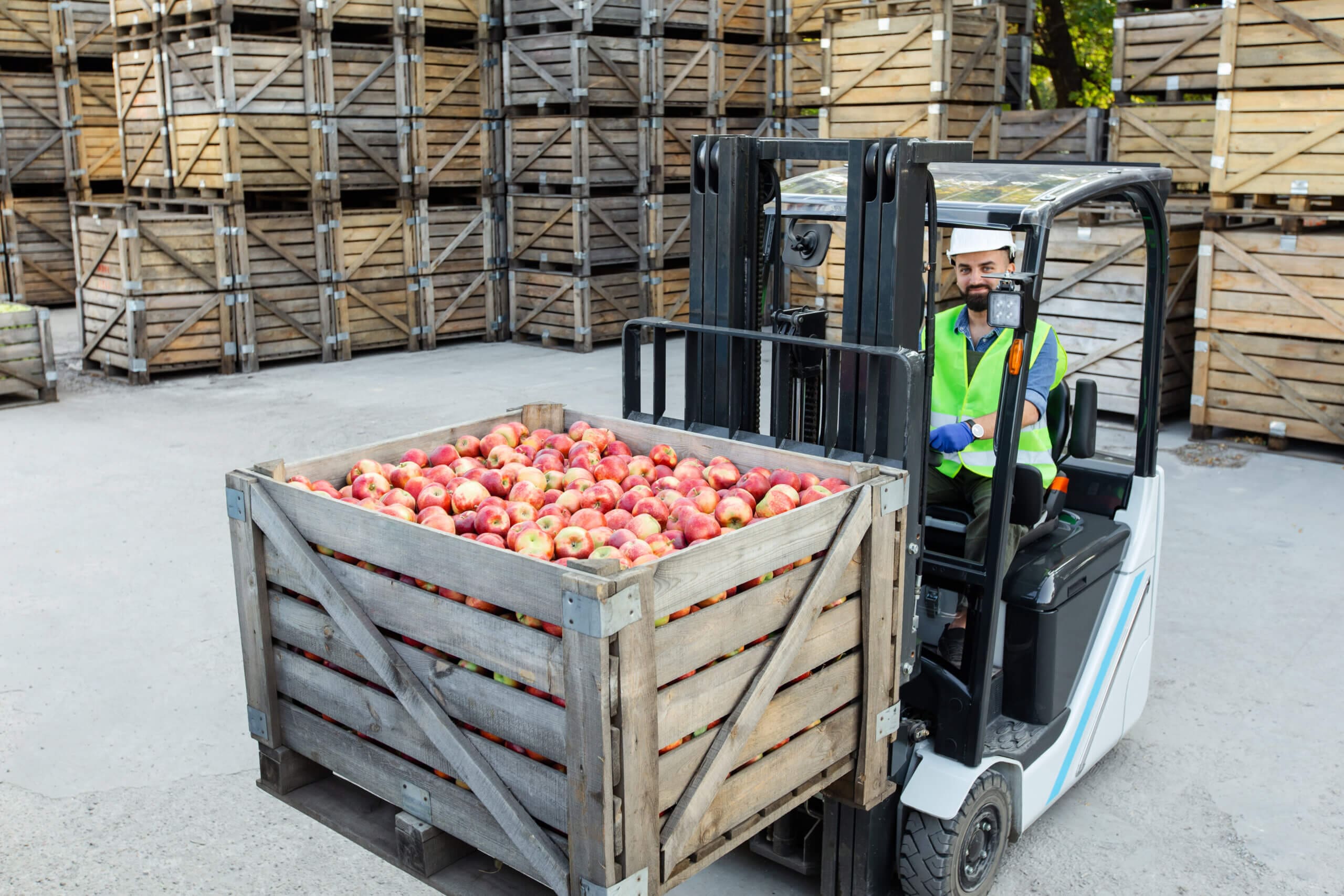In the bustling heart of Nashville, TN, where cultural attractions meet industrial growth, lies an imperative sector few consider but all rely on: food warehousing. This sector ensures that our groceries remain fresh, and our favorite restaurants never run out of supplies. Yet, this seemingly straightforward process has intricate challenges demanding tailored solutions.
What is Food Grade Warehousing?
Food grade warehousing refers to storage facilities and distribution centers that meet stringent standards and regulations set by relevant authorities to ensure the safe and sanitary storage of food products. These facilities are designed to maintain the quality, freshness, and integrity of food items throughout their storage period. Food grade warehousing involves implementing specialized practices to prevent cross-contamination, pest infestations, and spoilage.
These facilities typically adhere to guidelines that govern factors such as temperature control, hygiene, packaging integrity, and traceability. By adhering to these rigorous standards, food grade warehousing plays a vital role in preserving the safety and quality of the food supply chain, from production to consumption.
Challenges in Food Warehousing
Temperature and Humidity Control
Not all food products are created equal. While chocolates demand cool environments, some fruits require specific humidity levels. Crafting a consistent environment, especially in a city with as varied a climate as Nashville, can be daunting.
Inventory Management
Juggling myriad products, each with its shelf life, demands meticulous inventory management. The FIFO (First In, First Out) principle becomes paramount to ensure freshness, but tracking perishable items in real-time can be a complex task.
Regulatory and Compliance Issues
Food safety isn’t just about consumer trust; it’s about compliance. With dynamic food safety standards and rigorous regulations, especially in Tennessee, warehouses constantly grapple with evolving compliance landscapes.
Space Optimization
In such a dynamic urban setting, real estate – especially warehousing space – is at a premium. Within these warehouses, each food product, whether it’s a bulky sack of grains or delicate fresh produce, has its unique spatial requirements.
Optimizing storage isn’t just about stacking; it’s about understanding the nuances of each product. It demands a blend of science for efficient use of space and an art of arrangement to ensure ease of access, product safety, and inventory management. In essence, the art of warehousing goes beyond storing—it’s about intelligent, strategic utilization of every square foot.
Solutions
Advanced Technology Integration
Contemporary challenges necessitate cutting-edge remedies. Advanced HVAC systems, for instance, offer precision in maintaining ideal temperature and humidity levels.
On the inventory front, tools like Oracle NetSuite, SAP Integrated Business Planning, and Microsoft Dynamics 365 for Supply Chain Management empower warehouses. These platforms not only track products with real-time accuracy but also ensure efficient stock rotation methods such as FIFO (First In, First Out), thereby significantly reducing potential waste.
Regular Training and Audits
With the ever-evolving guidelines, regular staff training sessions become indispensable. Additionally, frequent audits can preemptively identify and rectify potential compliance pitfalls, ensuring a seamless operation.
Partnering with Expert Providers
There’s no substitute for expertise. By collaborating with seasoned warehousing solutions like MW Logistics (MWLG), businesses can leverage their specialized knowledge. As leaders in Nashville’s food grade warehousing solutions, the team at MWLG brings unparalleled proficiency to the table.
Overcome Food Warehousing Challenges with M&W
Tackling food warehousing challenges is no small feat. However, with the right partners, advanced tools, and constant diligence, the food we consume remains safe, fresh, and of the highest quality. Take a look at how we can help you with your food grade warehousing needs:
Customized Solutions: Whether it’s temperature-sensitive goods like dairy products or non-perishable items like canned goods, we have the infrastructure to accommodate.
State-of-the-art Technology: We utilize the latest inventory management tools and advanced HVAC systems to ensure products are stored under optimal conditions and can be tracked in real-time.
Safety & Compliance: M&W Logistics places a strong emphasis on regulatory compliance. Their warehouses are routinely inspected, and they stay updated with the latest food safety standards and guidelines, ensuring your products are not just stored, but stored right.
Strategic Location: With facilities strategically located, M&W offers not just storage but also efficient distribution, ensuring that products reach their destination quickly and in pristine condition.
Trained Professionals: A warehouse is only as good as its team. At M&W, continuous training is the norm. Their staff are well-versed in the intricacies of food warehousing, ensuring that products are handled with utmost care.
Contact M&W Logistics today to learn more about our food grade warehousing.
